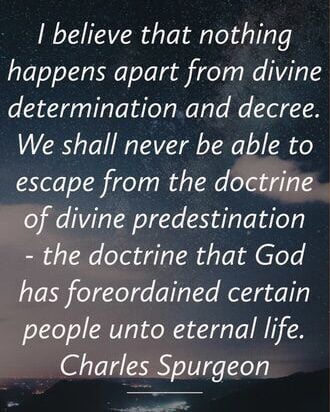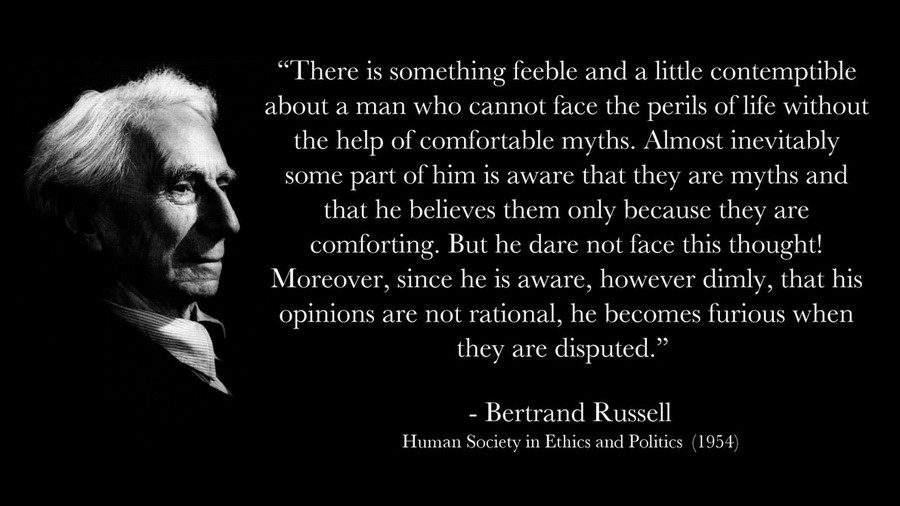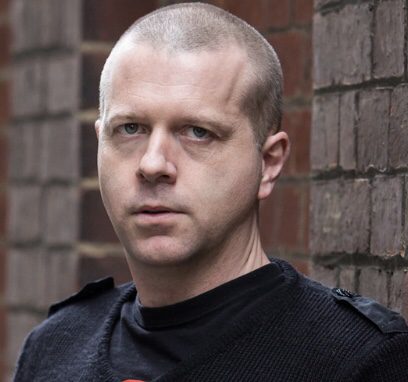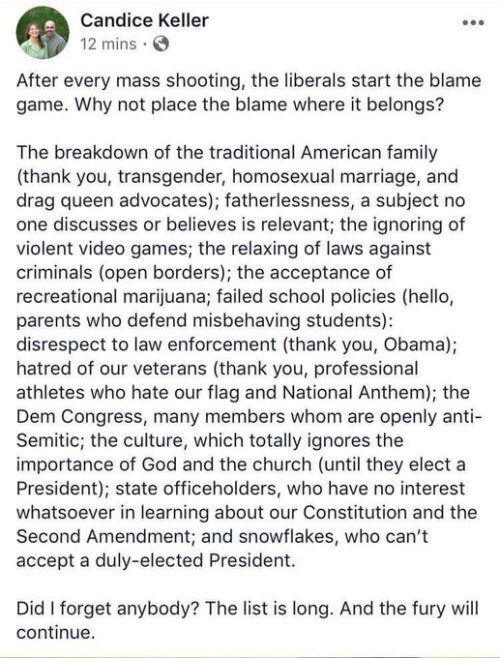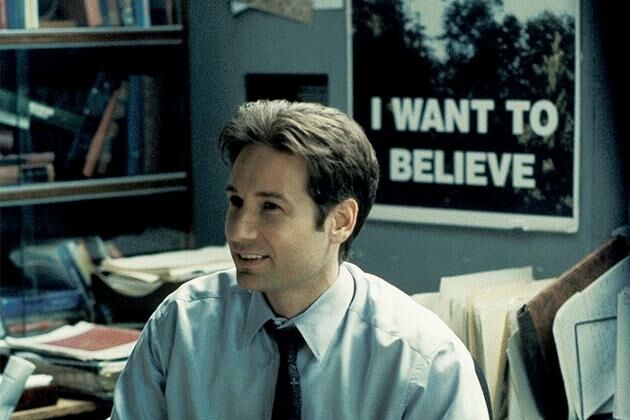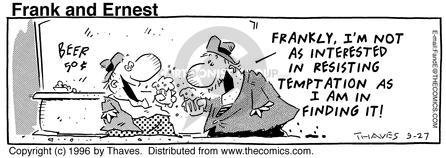
Evangelicals-turned-atheists are often accused of deconverting because of a secret desire to sin, to live wickedly. I have had countless Evangelical apologists accuse me of hiding the real reason I left Christianity: some sort of “secret” sin. Supposedly, atheists are hedonists — pagan pleasure seekers. While it is certainly true that my sin list got a lot smaller post-Jesus, I suspect my life measures up quite well against the lives of Christians who ignorantly believe that atheists are morally inferior to followers of Jesus. Sure, atheism freed me from guilt over many of the behaviors I at one time considered “sin.” I no longer feign holy outrage when I see naked women or gay romance on TV. I no longer have to beat myself up when I’m less of a man than I could be. I am quite self-aware, and usually don’t have a problem recognizing when I have been an ass or caused harm to someone else. When I understand that I have failed in some way, I don’t pray, seeking a mythical God’s forgiveness. Instead, I do what I can to apologize and, if necessary, make restitution. I then do my best to not repeat said behavior. As all humans do, I fail every day. That said, knowing what I know about Christians, I am confident that my way of life and morals compare favorably to that of saved, sanctified, bought-by-the blood, filled-with-the-Holy-Ghost Evangelicals. And I can say the same about most of the atheists I know. We are not hedonists, nor do we lurk in the shadows waiting for opportunities to rape, murder, molest children, or root for the New York Yankees. Quite frankly, most atheists — myself included — live uninteresting lives. I may joke about being a stripper named Santa, but my real life is quite banal.
If atheism leads to hedonism, then Christianity — especially Calvinism — does too. Recently, I published a guest post titled The Cruel Message of Calvinism. Jean left the following comment:
I have often wondered–if you actually believe in predestination, what is keeping you from unbridled hedonism, if that appeals to you? After all, if you’re saved, you’re saved; and if you’re damned, there’s nothing you can do about it, anyway. Nothing you can do will help anyone else, in the long run, either. Why live a life of rugged virtue, if it isn’t going to gain you anything at all?
The doctrine of predestination (and election) teaches that God, before the world began, chose who would and wouldn’t be saved. The only people who will be saved are those chosen, drawn, and called by God. Even Arminians, to some degree or the other, believe human salvation is predetermined by God. It is God alone who saves. In other words, the salvation game is rigged. Since salvation can never rest on human merit and good works, it is up to the Christian God, through the merit and work of Jesus, the son of God, on Calvary’s cross, to save sinners from their sins. Further, God is omnipotent, omnipresent, and omniscient. He is the sovereign of the universe, and everything that happens is according to his purpose, plan, and decrees. Nothing happens unless God wills it or allows it to happen.

As you can see, both Christianity and atheism can lead to hedonism. Evangelicals will argue that the Holy Spirit lives inside of them, and is their teacher and guide. Supposedly, having God living inside of you inoculates you from “sin.” However, as causal observation of Evangelicals and stories such as those found in the Black Collar Crime Series tell us, the Holy Spirit is really bad at his job. Go read comments by Jim on the post Church of Christ Preacher Al Shannon Says Women Who Dress Immodestly Risk Rape by Lustful Men. (Also see Christians Say the Darnedest Things: Al Shannon Says Modern Women Wear the Attire of Harlots) Jim says he is a Bible-believing Christian. Ask yourself, does his behavior reflect the belief that God, the Holy Spirit is his teacher and guide? Supposedly, the Holy Spirit gives believers the words to say when witnessing. If that’s true, based on Jim’s comments, the Holy Spirit is an arrogant bully and troll. (And if Jimbo dares to object to my characterization of his boorish behavior, I can quote a dozen Bible verses that condemn his behavior.)
The only difference between atheists and Christians is that Christians wallow in helplessness before their imaginary deity, seeking his/her forgiveness. Atheists cut out the middleman — God — and seek the forgiveness of those they have hurt, promising to do better the next time.
Are you an atheist? Do you desire to live a hedonistic life? How is your life different post-Jesus? Please share your thoughts in the comment section.
About Bruce Gerencser
Bruce Gerencser, 62, lives in rural Northwest Ohio with his wife of 41 years. He and his wife have six grown children and twelve grandchildren. Bruce pastored Evangelical churches for twenty-five years in Ohio, Texas, and Michigan. Bruce left the ministry in 2005, and in 2008 he left Christianity. Bruce is now a humanist and an atheist. For more information about Bruce, please read the About page.
Are you on Social Media? Follow Bruce on Facebook and Twitter.
Thank you for reading this post. Please share your thoughts in the comment section. If you are a first-time commenter, please read the commenting policy before wowing readers with your words. All first-time comments are moderated. If you would like to contact Bruce directly, please use the contact form to do so.
Donations are always appreciated. Donations on a monthly basis can be made through Patreon. One-time donations can be made through PayPal.


